# Tyre Knowledge
Electric and hybrid SUVs - more mobility, lower emissions
SUVs that care about sustainability
You need a car that fits your eclectic lifestyle. An SUV is the perfect choice, as it combines the comfort of a luxury sedan with the cargo and passenger space of a van, plus off-road abilities thrown in for weekend fun. However, your car choice isn’t all about you. It’s also about its impact on your carbon footprint. You are part of the rising tide of eco-conscious car owners who care as much about emissions and efficiency as they do about power and performance. Luckily, today’s electric and hybrid SUVs offer both!

The characteristic features of electric and hybrid SUVs at a glance
What sets electric or hybrid SUVs apart from combustion-fueled models?
- Reduced or even zero emissions
- No engine noise
- Eco-friendly, especially when powered by renewable energy
- Heavier than fuel-powered SUV, due to battery weight
- Instant torque delivering instant acceleration
- Tyres: low rolling resistance to save energy and deliver the maximum range between charges; low tyre/road noise transmission for passenger comfort; aerodynamic sidewall design. Find out more about e-car tyres here.

How hybrid and electric car weight impacts SUV tyres

The first thing you need to know about electric and hybrid SUVs is a somewhat surprising fact that has a massive impact on the tyres required. To ride in a virtually silent EV as it smoothly rolls along, you could easily think that this gently humming machine was light as a feather. It just seems so effortless, weightless even. In reality, the opposite is true. Batteries weigh a lot, so even small or mid-size electric cars are significantly heavier than gas engine vehicles. This additional weight places more strain on the wheels, so tyres for electric and hybrid SUVs have a stronger sidewall. Of course, you always have to check the load capacity when buying new tyres, but it is important to be aware of the implications an electric car’s weight has.
How instant torque impacts electric and hybrid SUV tyres
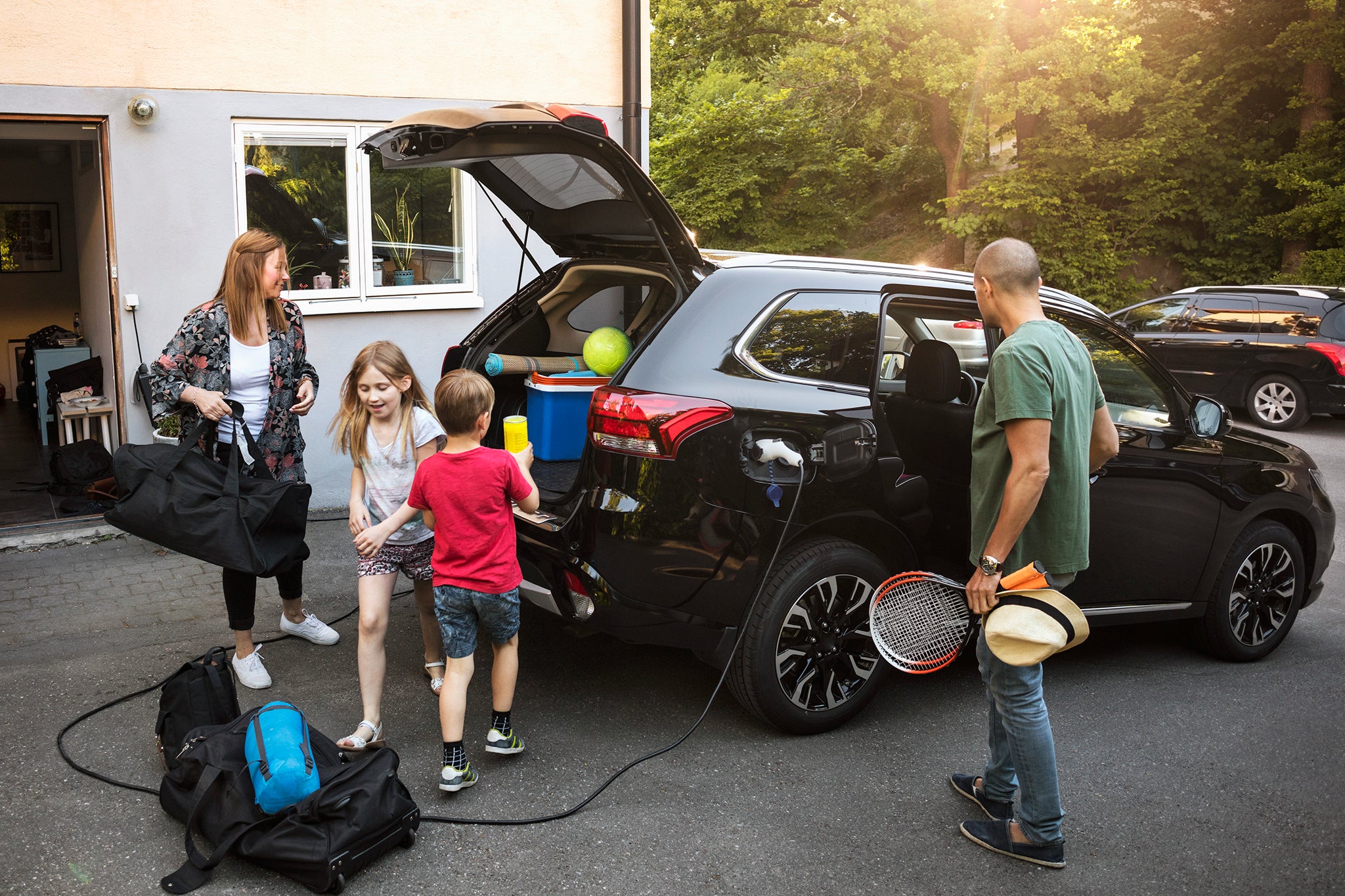
The other thing that is special about electric SUVs is instant torque. On the positive side, it delivers instant acceleration, but on the negative side, it places a lot more strain on the tyres than the more gradual acceleration from gas engines. Instant torque leads to increased tyre wear, so the rubber compound used for tyres fitted on electric and hybrid SUVs is selected and developed for its robustness.
Other factors to consider when choosing tyres for electric and hybrid tyres:
An electric SUV’s increased weight also increases its braking distance. Pay special attention to the rubber compound used in EV tyres to ensure you get the best grip possible.
Low-friction tyres are always a good idea. After all, rolling resistance impact efficiency, mileage, tyre wear and road noise. Depending on whether you want to take your e-SUV off-road, you will have to find the best possible compromise between a smooth tread with minimum rolling resistance and a sturdy grip for all-terrain driving.
See what electric SUVs can do
We believe in electric mobility in all its forms. To uncover its full potential, we have to explore all the possibilities e-powered vehicles offer. That is why we support the new all-electric SUV racing series Extreme E as founding sponsor. The high-performance SUVs prove that sustainable mobility isn’t just good for the planet, but also powerful, exciting and adventurous. Tune in to find out how the Extreme E SUV busts e-mobility myths.
Electric and Hybrid SUV FAQ - You asked, we answer...

Just as the name suggests, Sports Utility Vehicles offer a whole lot of cargo space for all your sporty and utilitarian needs.
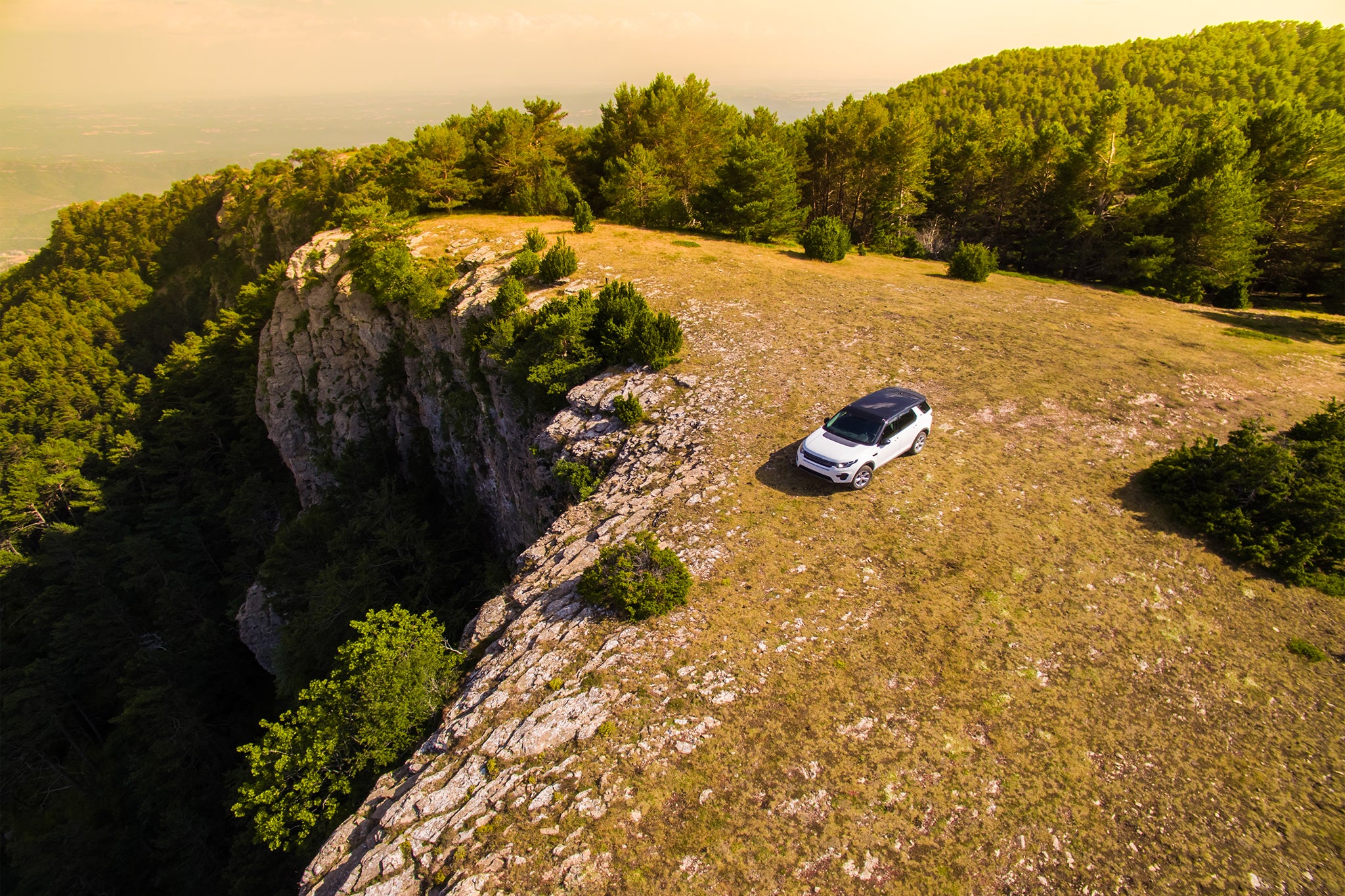
While most SUVs can go off-road, the same way four-wheel drives can, there may be some limitations.

Most SUVs can certainly go off-road. Just make sure you know the conditions and have the right tyres.
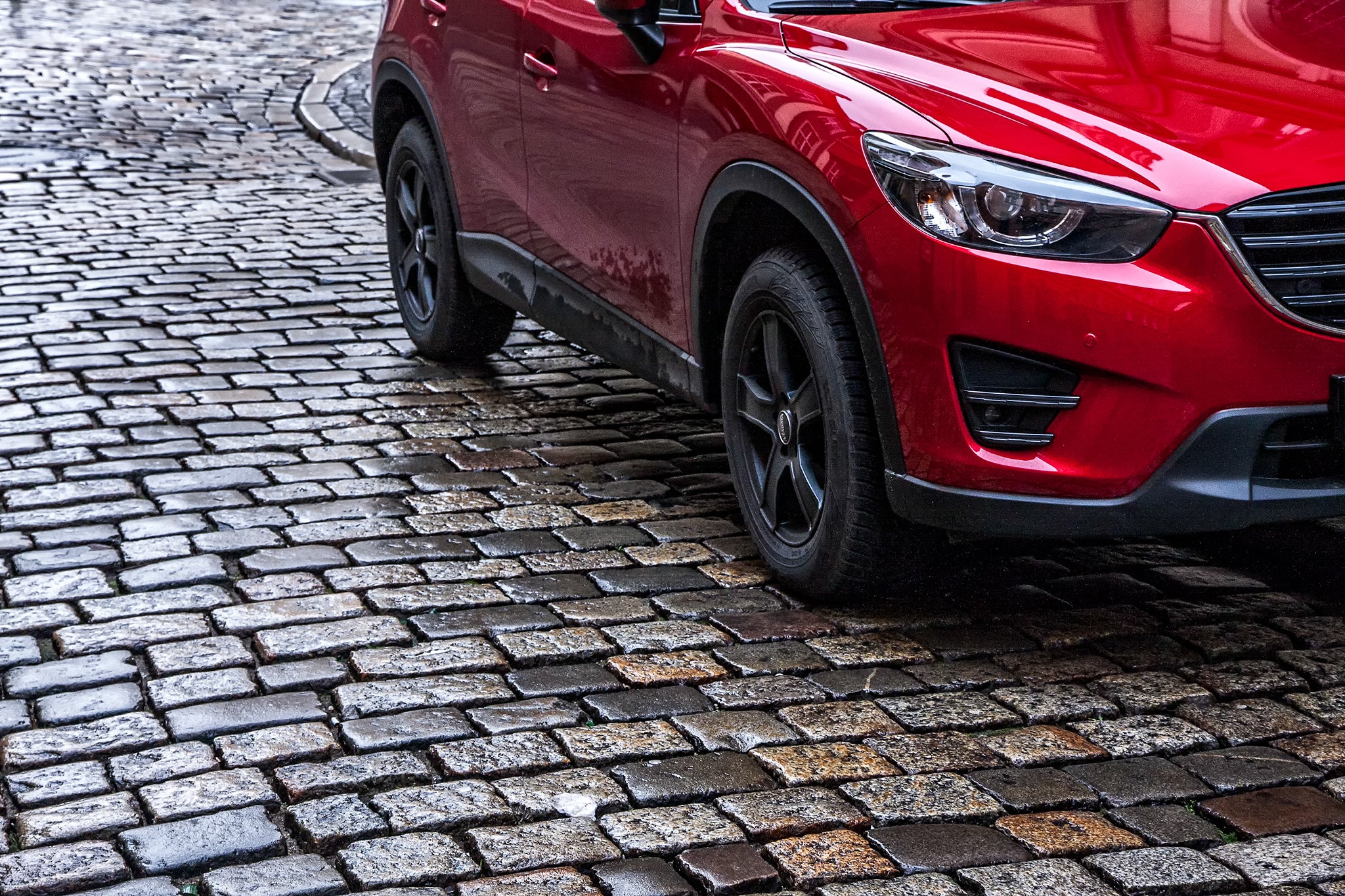
If you're looking for new SUV tyres, there are a number of things to consider to ensure safety and quality.

Depending on where you are in the world, you should heed several SUV tyre limits.
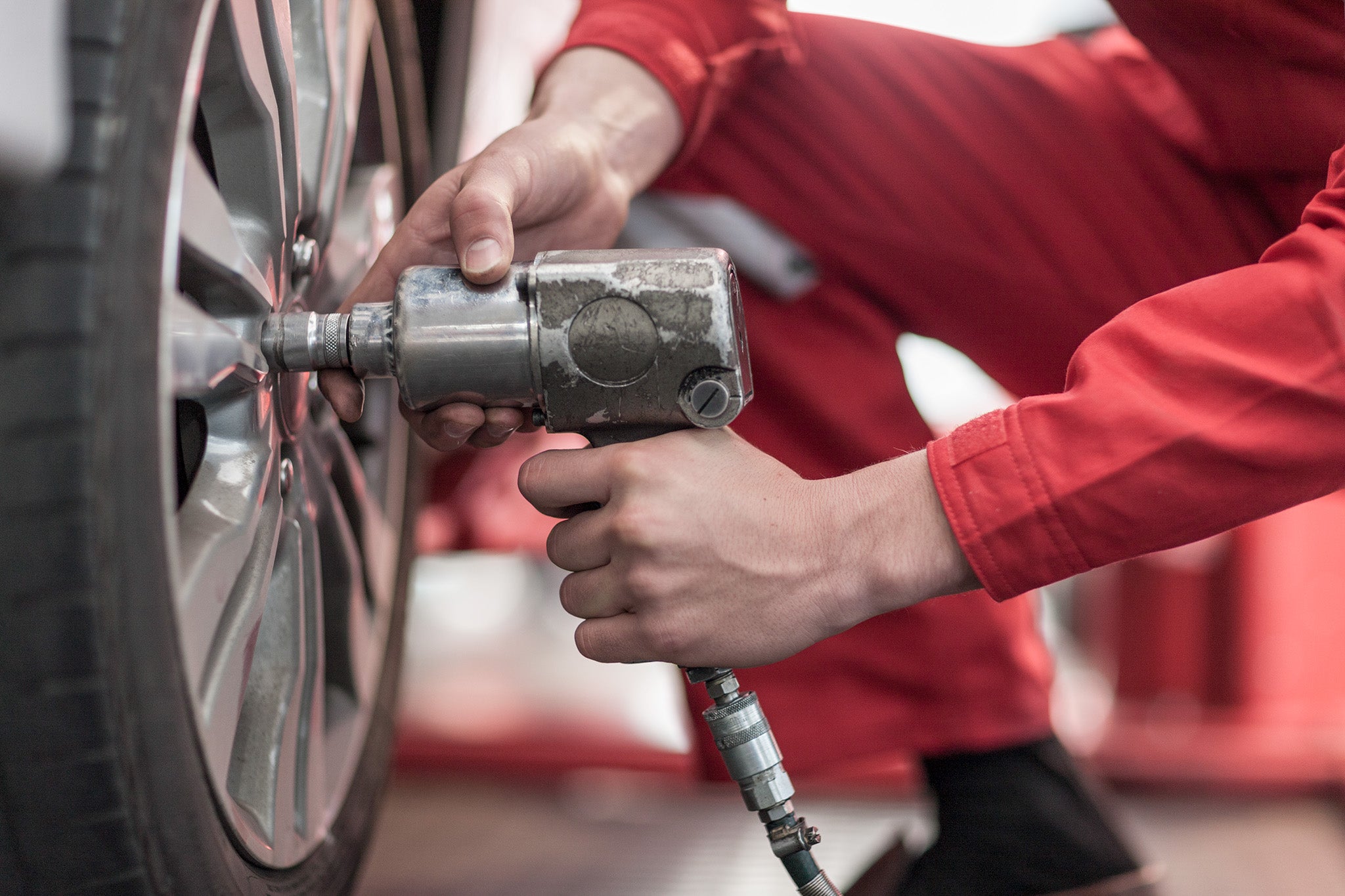
There are several indicators that tell you when you should replace your tyres. Even if you've never had a puncture, they could be showing wear.
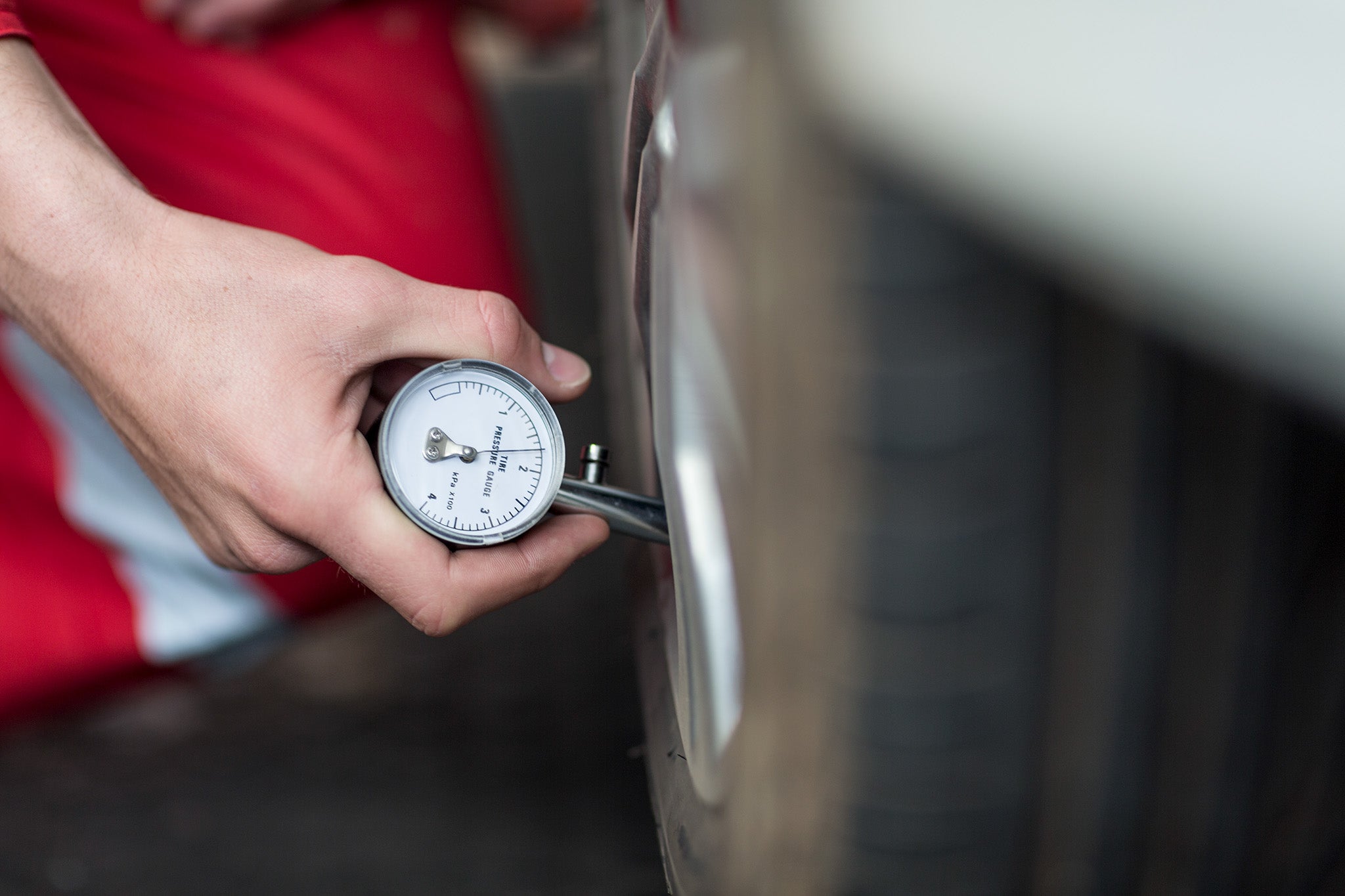
The right tyre pressure ensures optimal traction and grip on any terrain and gives you more mileage for your fuel. If you're unsure what the pressure of your SUV tyres should be, refer to your vehicle's manual.